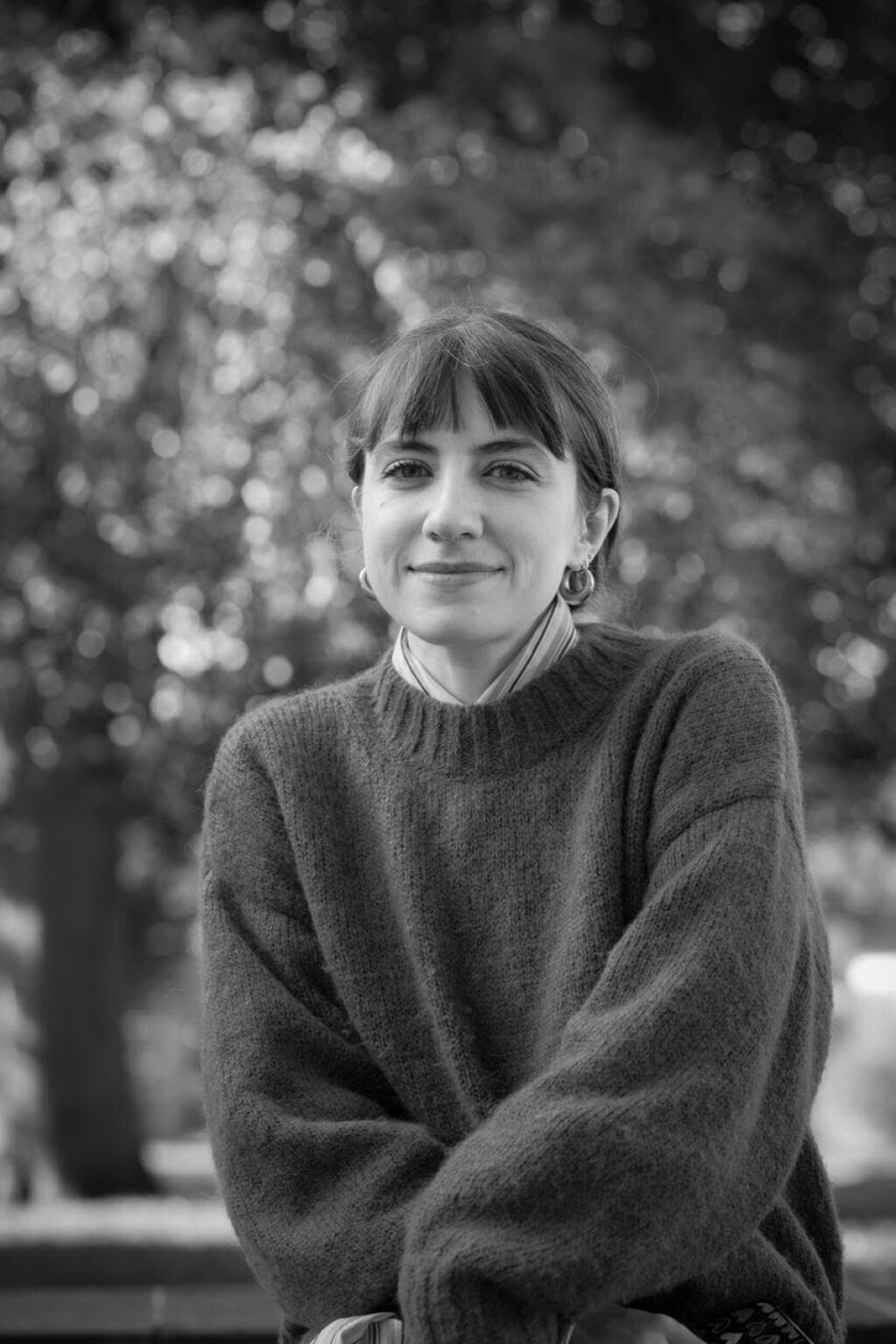This event will be hosted in hybrid format. RSVP to attend in person. Register for the Zoom meeting.
This talk examines the concept of “ruralization” in Chișinău, the capital of the Republic of Moldova. By challenging conventional narratives of urbanization as a unilinear process, it argues that rural identities and practices persist and are reasserted within Chișinău’s urban spaces, blurring the urban-rural boundary. This hybridity, influenced by Moldova’s complex history under various imperial rules, is evident in vernacular architecture, subsistence practices, and a cultural valorization of the village as a core national identity marker. The paper contends that Chișinău’s “urban rurality” offers an alternative vision of urban life, resisting teleological models of modernity and fostering a unique socio-spatial landscape.
Abigail Karas is an anthropologist and historian of the built environment, with a particular interest in (post-)Soviet cityscapes. Her research examines the interaction between urban space and local identity in Moldova and Russia, the legacies of centralised planning, and the impact of postsocialist transition and neoliberal urbanism on their cities. In 2022, she was awarded the Society of Historians of Eastern European, Eurasian, and Russian Art and Architecture (SHERA) Emerging Scholar Prize. She has recently been awarded a Leverhulme Early Career Fellowship to undertake a 3-year major research project ‘Heritage After The Future: Urban Branding & Cultural Heritage in Moldova’ at the University of St Andrews, commencing October 2025. Her monograph, On Top of The City: Youth Culture and Urban Resistance on the Rooftops of St Petersburg, is forthcoming with Bloomsbury in 2026.



